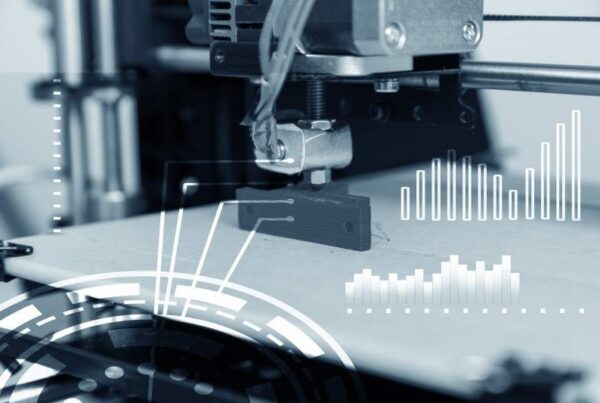As per the Future Health Index (FHI) released by Royal Philips, Brazil received a score of 50.6 out of a possible 100. FHI is a study that shows how countries are facing health challenges through technology. The study includes a poll of over 2,600 health professionals and 25,000 patients in 13 countries – Australia, Brazil, China, France, Germany, Japan, Netherlands, Singapore, South Africa, Sweden, United Arab Emirates, the UK and the US. The FHI report reveals the discernment of each market on the benefits of integration between health systems and interest in the acquisition of these technologies. The UAE achieved the highest score (65.3 points) among the participating countries. The study also unveils readiness levels in all countries surveyed. In developed countries, over 76% of healthcare professionals agree that their patients have access to treatment needed for current and future medical conditions but in emerging markets, this ratio drops to just 58%. In Brazil, this statistic was below 25%. Brazil also lagged behind in the measure of the patients owning or using a connected device to monitor various health indicators. In Brazil, the cost of health devices connected act as a barrier between the patients (45%) and health professionals (56%), as well as the bureaucracy of the health system to 42% of patients and 39% of health professionals. Only one third of patients (34%) are knowledgeable about the technologies connected to healthcare, as compared to 58% of health professionals in Brazil.



